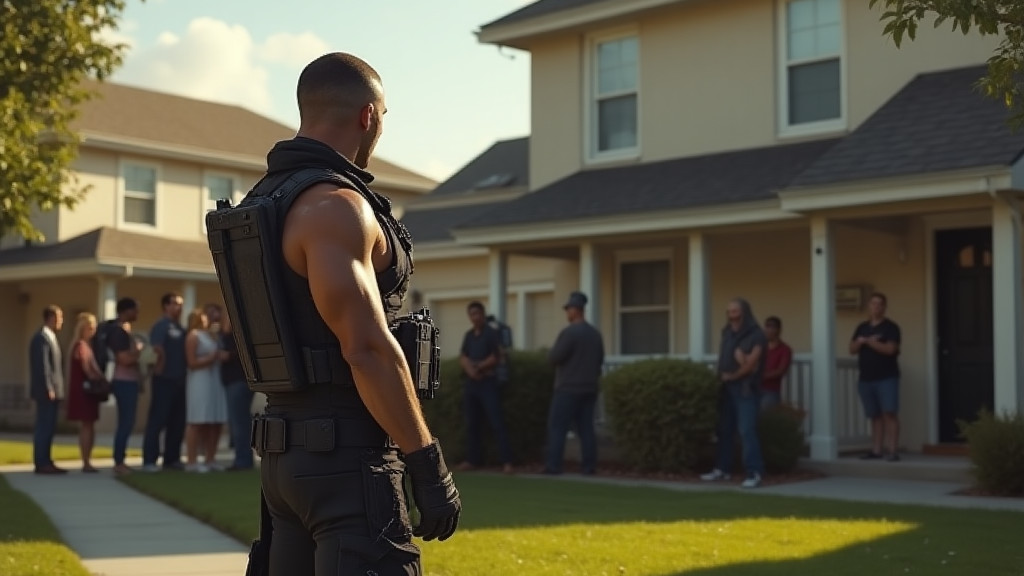Imagine living in a small, isolated neighbourhood. Dozens of houses, each with its own family, its own way of doing things. Most of the time, things are calm. When trouble shows up—a fire, a break-in, a stranger behaving suspiciously—everyone knows they can count on Sam.
Sam lives a few houses down. He’s big, well-trained in martial arts, heavily armed, and always ready to respond. For years, Sam has kept the neighbourhood safe. He’s a bit of a hero, really. People have grown used to him stepping in during tough times, and many have stopped worrying about their own defences. Why bother, when Sam’s always around?
But one day, something shifts. Sam changes.
He starts telling everyone he’s tired of always protecting them. He wants his neighbours to start pulling their weight, to take more responsibility for their own safety. That alone might be fair. But then Sam goes further. He begins lashing out—calling his neighbours freeloaders and saying they’re taking advantage of him. He imposes unfair conditions, like demanding they shop more at his store or he’ll stop buying from theirs; he claims he doesn’t need their stuff anyway, he can make it all himself. He even threatens to take over his neighbour’s property, folding it into his own domain as though it always belonged to him. Instead of protecting the community, he starts using his strength as leverage. His actions feel more like pressure than protection—more threatening than helpful.
Understandably, the neighbours grow uneasy.
They begin to rethink their dependence on Sam. They start investing in their own security, training themselves, and strengthening ties with each other. They begin to imagine a neighbourhood where power is more evenly shared—where no one person dominates.
Sam still has the same weapons, training, and resources he always did. But something important has changed: the neighbours are catching up. The gap that once set him apart is narrowing. His power is no longer exceptional—it’s just one part of a more balanced whole. As the community becomes stronger and more self-reliant, Sam’s influence over them starts to diminish.
Sam’s eventual downfall will be a consequence of his own actions. By acting erratically and making threats against his neighbours, he undermines their trust. By insisting they take on more responsibility for their own defence, he inadvertently equips them with the tools and confidence to stand independently—and to stand up to him. As his neighbours grow stronger, they no longer need him the way they once did. Sam’s influence fades not because others take it from him, but because he drives them to find strength without him.
His collapse isn’t imposed from the outside—it’s the natural result of his own choices.
